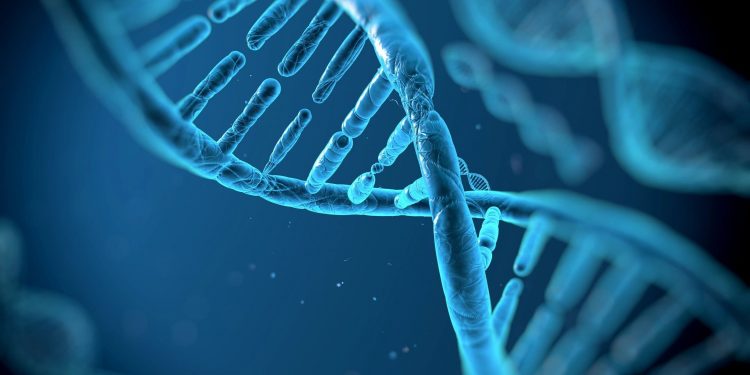London: The key to longevity can probably be found in the genes of your long-living uncles and aunts and not just parents, finds a study.
Researchers, from Netherlands’ Leiden University and US’ University of Utah, showed that an individual’s chances of dying is reduced, even if the parents themselves did not live to be extremely old, but aunts and uncles are among the top survivors in the family.
Top survivors refers to people in the top 10 per cent age-wise of a group of people born in a family within a given time period.
“We observed the more long-lived relatives you have, the lower your hazard of dying at any point in life,” said lead author Niels van den Berg, doctoral student at Leiden University in the Netherlands.
“Longevity is heritable, but that primarily applies to persons from families where multiple members are among the top 10 per cent survivors of their birth cohort. The key to a long life can probably be found in the genes of these families,” said the paper published in the journal Nature Communications.
For the study, the team analysed the genealogies of nearly 314,819 people from over 20,360 families.
The search for genes associated with human longevity has been ongoing for a long time but those genes turned out to be much more difficult to discover than genes for diseases.
The study has led us to be far stricter in selecting the people in whom you have to look for those genes, the researchers said.
According to Ken Smith, Professor at Utah, the findings underscore the importance of constructing high-quality family trees that “allow us to observe complete life-spans of individuals over generations and in diverse locations.
IANS






































